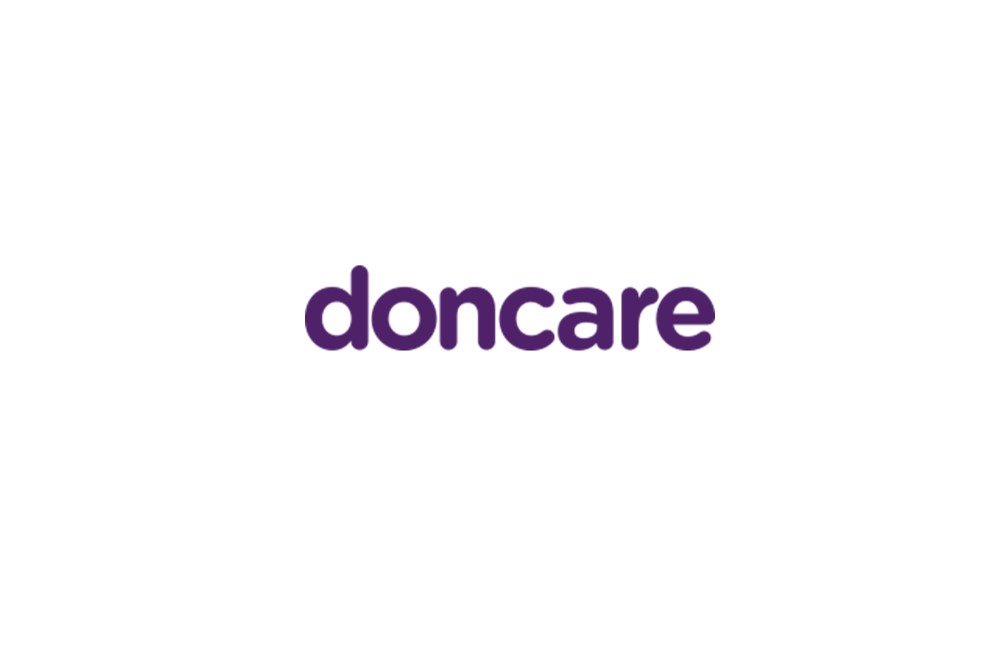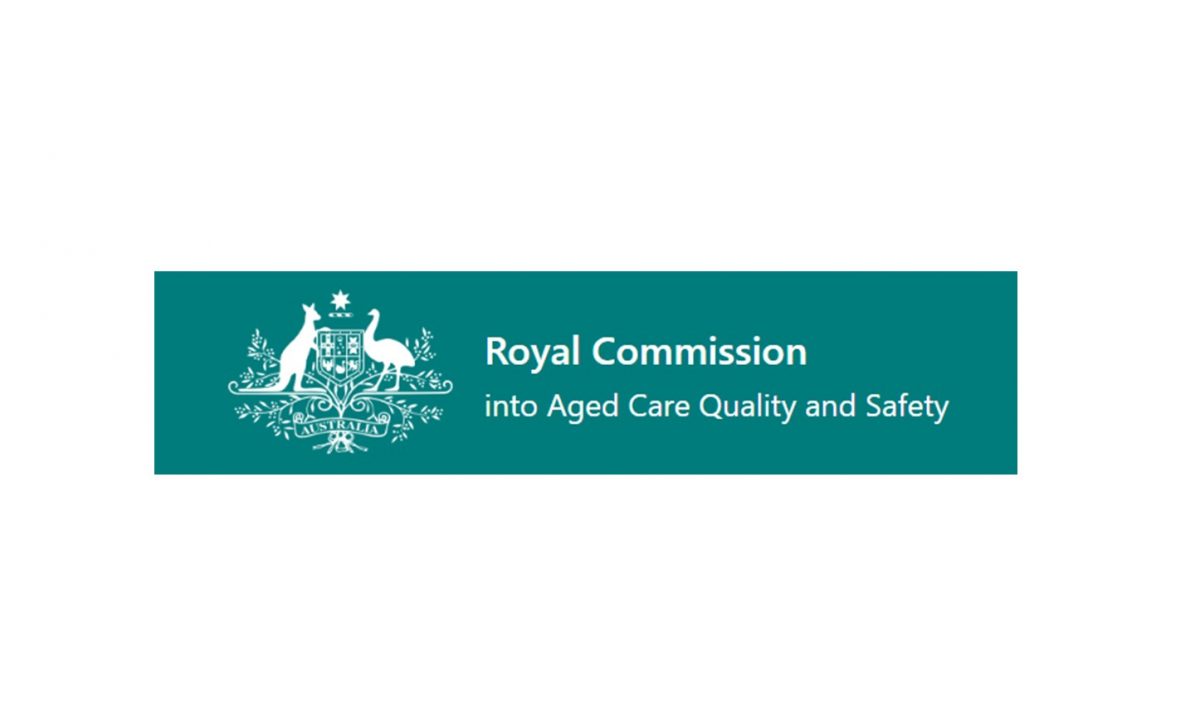NEWS RELEASE
Hearing 1 Weeks of February 11 and 18
Ansvar Risk’s Senior Risk Consultant Anthony Black summarises the hearing so far:
“The overriding objective of this first two weeks was to obtain perspectives on the aged care system as it currently exists”, Anthony reports.
Specifically, Hearing 1 inquired into:
a) the concerns of advocacy bodies relating to the current state of the aged care system
b) the clinical issues affecting elderly people and general challenges that arise in meeting clinical needs
c) the concerns and view of medical and nursing professional bodies relating to the current state of the aged care system
d) demographic information relating to the provision of aged care services
e) the perspectives of government and regulators as to the state of the aged care system
f) the perspectives of workforce representative bodies as to the state of the aged care system
g) experiences of people receiving services in the aged care system or their family members
Giving Evidence
Witnesses included:
– The Sprigg Family, whose relative died at the Oakden Facility, sparking a parliamentary enquiry;
– Representatives of aged care bodies;
– Health professional representative bodies;
– Associations for specialist needs and care (such as dementia);
– Secretary of the Commonwealth Department of Health Glenys Beauchamp;
– New Aged Care Quality and Safety Commissioner Janet Anderson
Poor provider response
Only 900 of the approximate 2000 providers responded to the Commission’s invitation to Providers to submit responses to specific questions regarding substandard care in their organisations and to obtain views on quality improvements. Of the top 100 funded providers, 79 submitted.
“I am surprised by the low submission rate; not submitting could draw attention to providers, particularly large providers. It’s also important to note that the Commission does not propose to publish the information provided, though it may publish aggregated data,” Anthony notes.
Key themes emerged:
1) Funding – The system of funding received significant criticism. The relative value of the Aged Care Funding Instrument (ACFI) was debated rigorously and points were raised regarding processes and techniques employed by Providers to “maximise the ACFI”; suggesting the funding approach was not in fact supporting a true understanding of the cost of care. The financial sustainability of providers was also a key topic, with evidence that almost half of providers recorded a deficit budget at last financial year. Liquidity strain is also a strong feature and rising risk.
2) Abuse and Safe Care – Evidence from the Department showed over 3,700 assaults reported last financial year. A reportable assault is where there’s an allegation or suspicions of what is generally known as an assault — physical, mental assaults on either residents or staff. It heard a report that was commissioned by the department after the Oakden scandal recommended that the obligation to report assaults be broadened by introducing a “serious incident response scheme”. This is currently not in place and reporting of assaults is highly dependent on individual providers’ reporting culture and actions or through independent audits. Discussions will continue on this topic, with extensive interest in the overuse of physical and chemical restraints to also feature strongly. Physical restraints include binding a resident to a bed or chair, so they cannot move, while chemical restraints include the use of psychotropic medication such as sedatives. The commission was told that about 80 per cent of older Australians in residential care with dementia were on at least one psychotropic drug
3) Staffing – Several witnesses relayed experiences of broad ranging workforce issues; unqualified staff, low staff numbers, poor access to specialist care advice, poor access to GPs and wide variation in GP aged care skill sets, lack of standardised training and continued discussion on rations. Much more to come in this space.
4) Dementia – This is and will remain a key element of this Royal Commission in terms of its prevalence, its management and the system’s response to this significant health issue. The Commissioners took evidence from a number of key sources on dementia to gather insights to further prosecute the handling of dementia care, resourcing, training and societal attitude.
“I have no doubt these 4 themes will thread throughout the remaining Commission hearings and form substantial components of the end delivery recommendations,” Anthony says.
Future Hearings in 2019
The Royal Commission will conduct hearings in all capital cities and a number of regional locations. The Commission anticipates hearings will take place in the weeks commencing:
18 March, 6 May, 13 May, 17 June, 24 June, 8 July, 15 July, 29 July, 5 August, 9 September, 8 October, 14 October, 4 November, 11 November and 9 December 2019.
The location of each hearing will be announced progressively as arrangements are finalised.
Future topics include:
– Person Centred Care (complex care, mental health, nutrition, choice, end of life care, family inclusion)
– Loneliness and Respect
– Quality and Safety systems and Regulatory Framework
– Access and Navigation (including accommodation bonds, transitions between care types, service interfaces, home care)
– Remote and Regional Care (demographics, workforce, sustainability)
Royal Commission to hold first community forums
In addition to submissions and hearings, the Commission will undertake a series of community forums, round table meetings with experts, and site visits.
Community forums will be held metropolitan and regional locations.
The first community forums will be held in
– Bankstown in Sydney on Friday 1 March 2019 and
– Bendigo in Victoria on Tuesday 5 March 2019
Commissioner Lynelle Briggs AO will be present at both.
________________________________________________________________________________________
Providers – what you need to know
Governance Issues in Aged Care – Risk and Insurance considerations.
Anthony Black says: “My work with the sector, broker networks and directly with Board Directors, CEOs and Senior Management over the last 6 months, has highlighted specific governance and risk management issues that should be front of mind for our teams working and supporting this industry:
1) Board Director skill sets need review; capabilities of Directors for governing for vulnerable people are highly variable and leading to governance exposures to meet community expectations and the new Aged Care Standards requirements.
2) Clinical Governance needs an overhaul in Aged Care; the framework, systems and provision of coordinated care for complex and specialist needs have not kept pace with the changing context and profile of aged care recipients.
3) Dignity of Risk (how organisations support individuals’ independence and self-determination, including taking risks) needs greater focus by Boards and Executives, not assumed to be adequately managed by staff. This is a complex cultural shift required by new standards and driven through heightened expectations of consumers that risk is balanced between their rights, needs and desires and the organisation’s responsibilities.
4) Liquidity management strategies require greater oversight and assessment; they may be providing a false sense of financial security
5) Uncertainty regarding the TOR (Terms of Reference) for a Royal Commission related to Disability in Australia and its relationship to provision of services to older people, adds an additional layer of complexity for the sector.
6) Governance and Risk Frameworks are NOT keeping pace with change; many organisations have not reviewed frameworks or assessed their maturity despite enormous changes in sector and organisational contexts.
________________________________________________________________________________________
These are challenging times. Hope is not a strategy. Good frameworks for good governance are more important than ever for our customers.
The Ansvar Risk Consultants are here to help – we understand the sector, and we have a range of resources and tools to assist you in preparing for the Royal Commission.
Please contact us to discuss reviewing and strengthening your risk management
Anthony Black
0402 239 149
ablack@ansvarrisk.com.au
Disclaimer: Ansvar Insurance Limited ABN 21 007 216 506, AFSL 237806. This information is general advice only and does not take into account your individual circumstances. Before making any decisions, please consider the appropriateness of this advice to your own objectives, financial situation or other needs.









